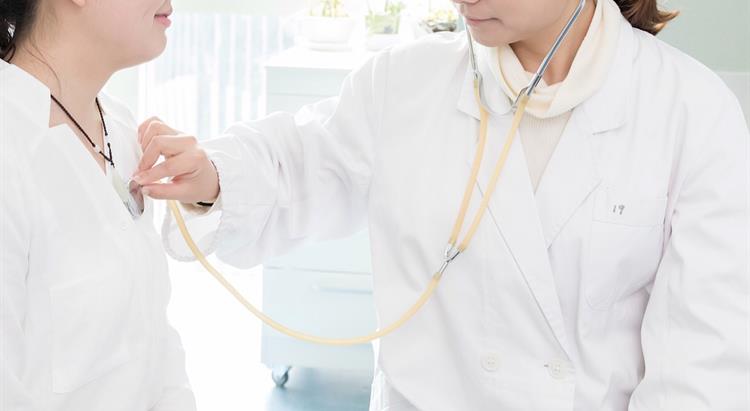25 June 2021

Staff in Health and Community Services are raising awareness of the importance of HIV testing and early diagnosis to support National HIV Testing Day on 27 June.
The Island's health professionals and organisations are also being encouraged to discuss HIV testing with Islanders in their care and boost testing for those who do not know their status.
HIV can affect anyone of age, gender, and sexuality. Testing for HIV is the only way of knowing your status and is an essential gateway to prevention, treatment and support services available in Jersey.
Nurse Specialist for Blood Borne Viruses, Michelle Mulhall, said: "It is vital to raise awareness of HIV and the importance of testing as early diagnosis allows for immediate intervention and treatment."
"By introducing HIV antiretroviral medication early, this maximises the benefits for your health and can prevent onward transmission of the HIV virus. Although numbers are low in Jersey, late diagnoses continue to be a serious concern as 1 in 16 people living with HIV in the UK are unaware they have the virus."
"HIV carries a stigma and people are often discriminated against which continues to be a barrier for people accessing timely care and addressing the AIDS epidemic. It is vital that we work together to eliminate all forms of HIV stigma to be ale to achieve current targets adopted by the UN to end AIDS as a public health threat by 2030."
HIV is mostly transmitted through unprotected sex and the sharing of needles. People can be infected if they come into direct contact with infected bodily fluids such as:
- Blood
- Semen
- Vaginal fluids
- Rectal fluids
- Breast Milk
Preventative measures include wearing condoms which are supplied free of charge via the Blood Borne Viruses and the Sexual Health Department. Post Exposure Prophylaxis (PEP) is available from A&E and Sexual Health as a medication to take within 72 hours of a possible exposure to HIV.
Testing can be accessed via GPs, the Blood Borne Viruses Department on 444319 and the Sexual Health Team on 442856 or by emailing BBV@health.gov.je or S.H@gov.je for free confidential testing, sexual health screening, and treatment.